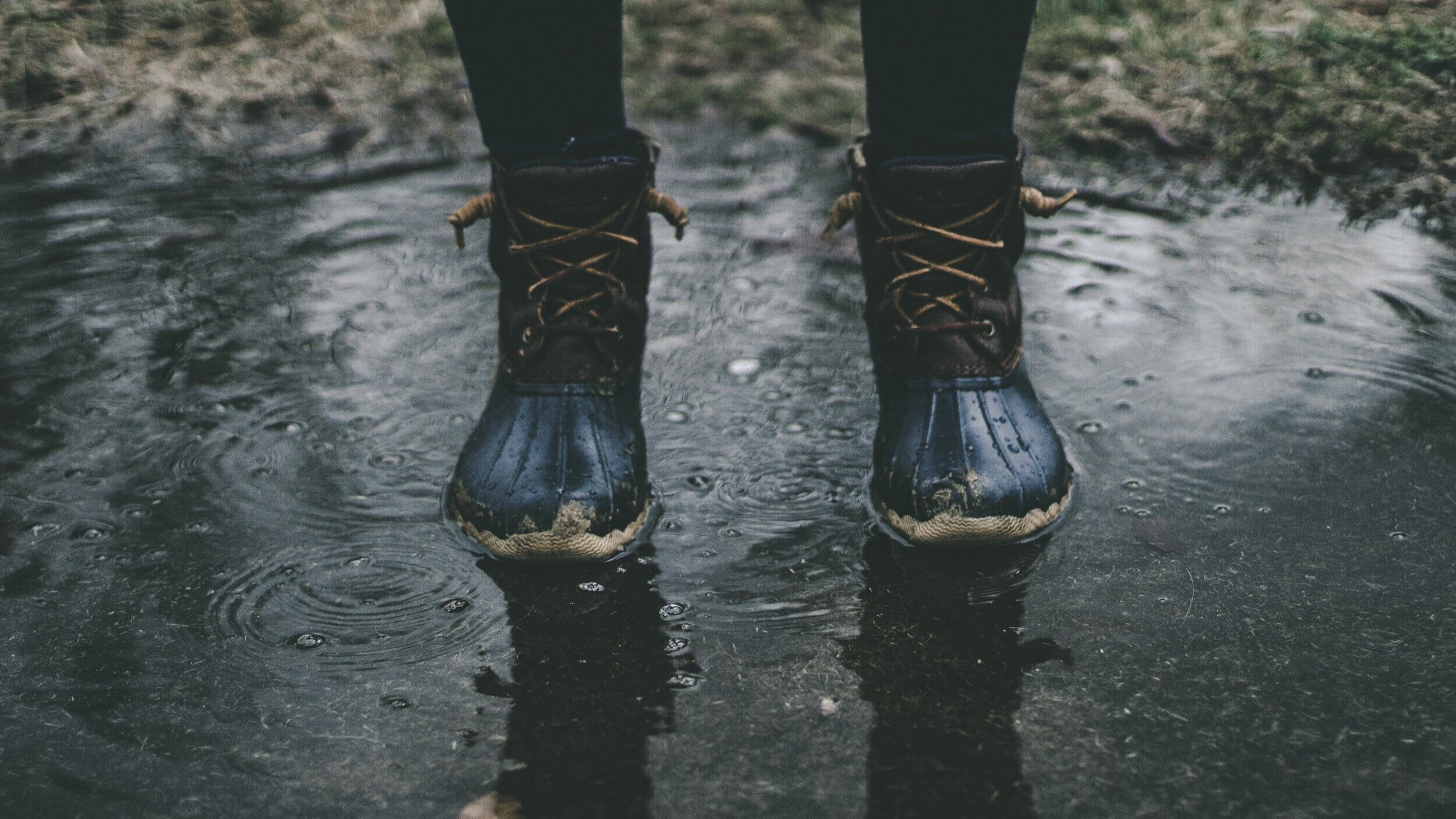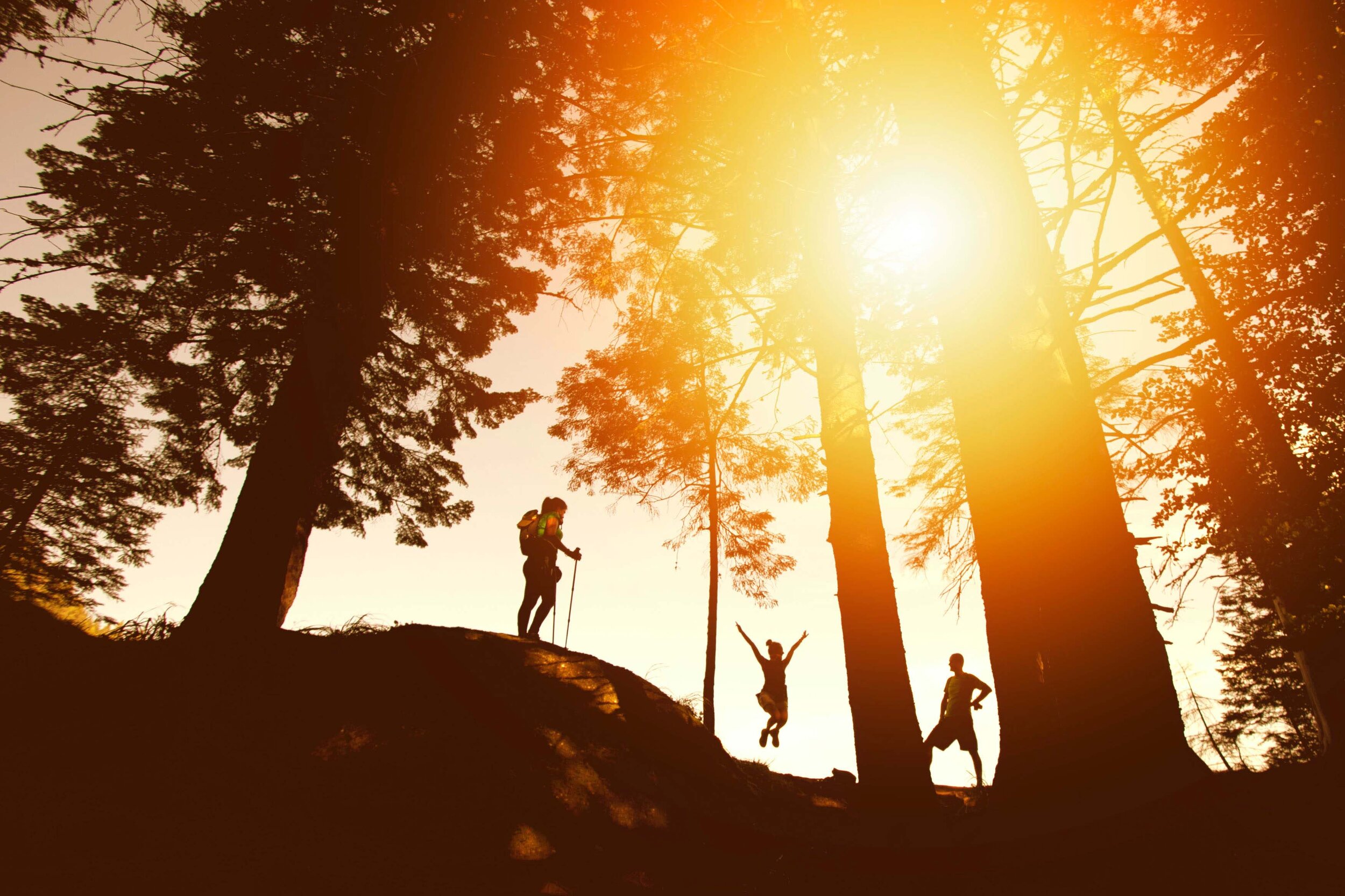There is a big battle over who owns America’s land. Ranchers, loggers, the government, the people? Let’s take a minute to even wrap our heads around this concept - owning land.
Nature lovers were infuriated when Trump’s administration announced in 2017 that they were going to be reviewing the acreage of 25 national monuments and leasing out land in Bears Ears and Grand Escalante for drilling. But this isn’t the first time people have exploited wild lands and it sadly will not be the last.











